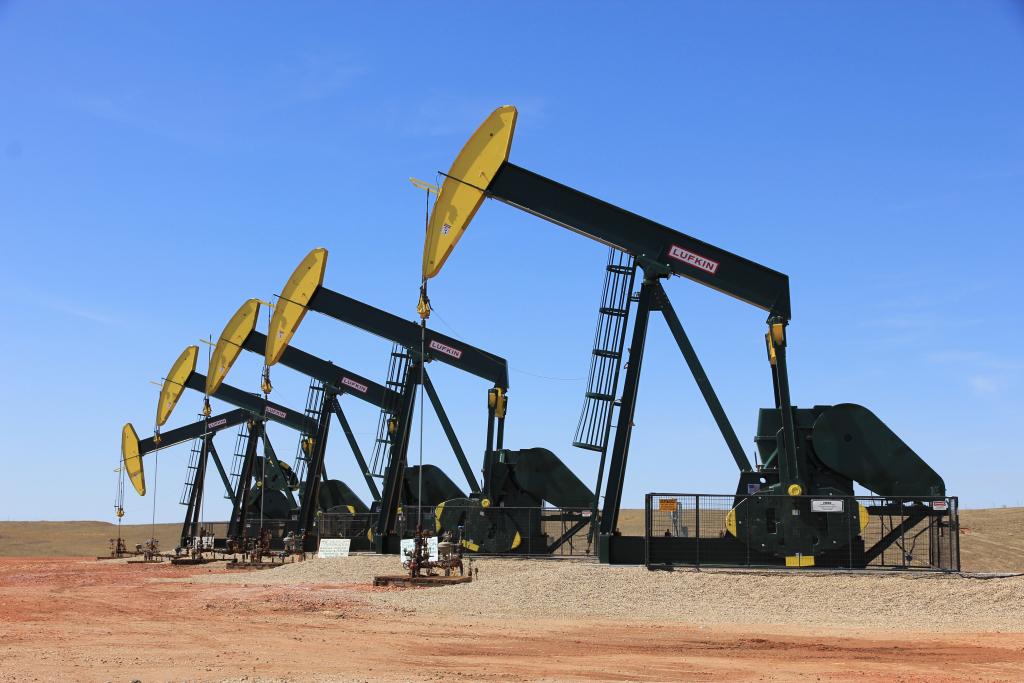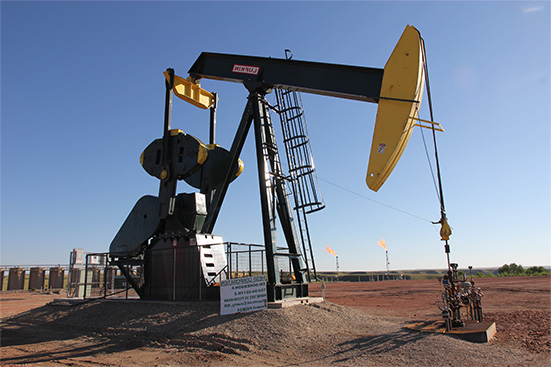
Historically, the price of oil increases before high inflation. As oil prices rise, so do the prices of products that are dependent on oil. For instance, the prices may surge for goods like fruits and vegetables since they are typically transported through gasoline- or diesel-powered trains and trucks. Costs may also rise for petroleum-based products like plastics.
Is there a connection between the price of oil and inflation?
Inflation results in rising prices for consumer goods and services and devalues currencies. As a result, the bigger cost of living for consumers has the ability to impact economic growth and discretionary spending in a negative manner.
The relationship between inflation and the price of oil started many decades ago. In fact, the co-founder of Path Trading Partners, Bob Iaccino, said, “History shows the two are correlated, but the relationship has deteriorated since the oil price spike of the 1970s.”
How the prices of oil affect micro and macroeconomics
Increases and decreases in the price of oil have an impact on the economy – both at the micro and macroeconomic levels.
At the microeconomic scale, the price surge in stores and at the pump can cut into discretionary spending, spending that may otherwise go to a vacation, new clothes or electronic devices. In the long term, the higher process for consumer goods and services can dampen demand for those goods and services, resulting in a decline in economic growth.
On the other hand, at the macroeconomic level, a surge in the prices of oil can make it more costly for businesses to manufacture and transport goods and services. The increases in oil prices can also raise the costs of transportation, heating, and production indirectly. The companies will may then choose to pass on the added costs to their consumers.
Contact DW Energy
Want to learn more about oil & gas investing? Our expert team can provide you with more information or schedule a consultation to talk about diversifying your investment portfolio.

The correlation of oil to the Consumer Price Index (CPI)
The U.S. Bureau of Labor Statistics defines the Consumer Price Index, also referred to as CPI, as “a measure of the average change over time in the prices paid by urban consumers for a market basket of consumer goods and services.”
CPI is the most-watched indicator of inflation today. The prices of oil have been well known to move in lockstep with CPI. A surge in the prices of oil can increase the cost of consumer goods, since the manufacturers of these goods take into account their own mounting costs both for production and transportation. Naturally, the costs are passed on to their consumers.
Oil’s association with the Producer Price Index (PPI)
Instead of the CPI, the St. Louis Federal Reserve stated that the prices of oil have a more direct link with PPI today. The U.S. Bureau of Labor Statistics defines PPI as the “measurement of the average change over time in the selling prices producers receive for their output.”
As of 2018 the oil price and the PPI had a positive correlation of 0.71. In comparison, the price of oil and CPI have a correlation of 0.27. Path Trading’s Bob Iaccino further commented, “This seems to imply that crude oil is not especially useful as an inflation hedge. But as an input to the idea of potential future inflation, the crude oil price has some value.”
Do the prices of oil decrease when interest rates increase?
For the past forty years, the Feds have always raised interest rates in response to rising inflation. However, does a rise in interest rates dampen the price of oil? Iaccino emphasized that the price of WTI crude contracts has increased by an average of 16%, 6 months after the rate increases in the last 6 rate hike cycles.
“So, does crude oil rise because of rate hikes, or is this just a coincidence born of circumstances with no causal relationship at all?” he asked. “The simple answer is … both.”
Oil may influence inflation, however, the changes in rates to fight inflation do not seem to drive oil prices short or medium-term. The commodities market expert explained, “There are many other factors affecting the price of crude oil, including geopolitics and sudden increases in supply or demand. It could just be that an integral part of inflation is the price of energy which, of course, includes crude oil.”
“Typically, rising crude oil prices are either a significant component in the cause of broader inflation, or the rise in oil price is a function of a strong economy and greater demand.”
Contact dw energy
Sources:
“Do Oil Prices Still Predict Inflation?” Bloomberg Markets and Finance, https://www.youtube.com/watch?v=-4Aw0gnO1h4
“Consumer Price Index,” U.S. Bureau of Labor Statistics, https://www.bls.gov/cpi/
“Producer Price Indexes,” U.S. Bureau of Labor Statistics, https://www.bls.gov/ppi/
“Crude oil: Cause or effect of inflation?” Reuters, https://www.reuters.com/article/sponsored/crude-oil-cause-or-effect-of-inflation
